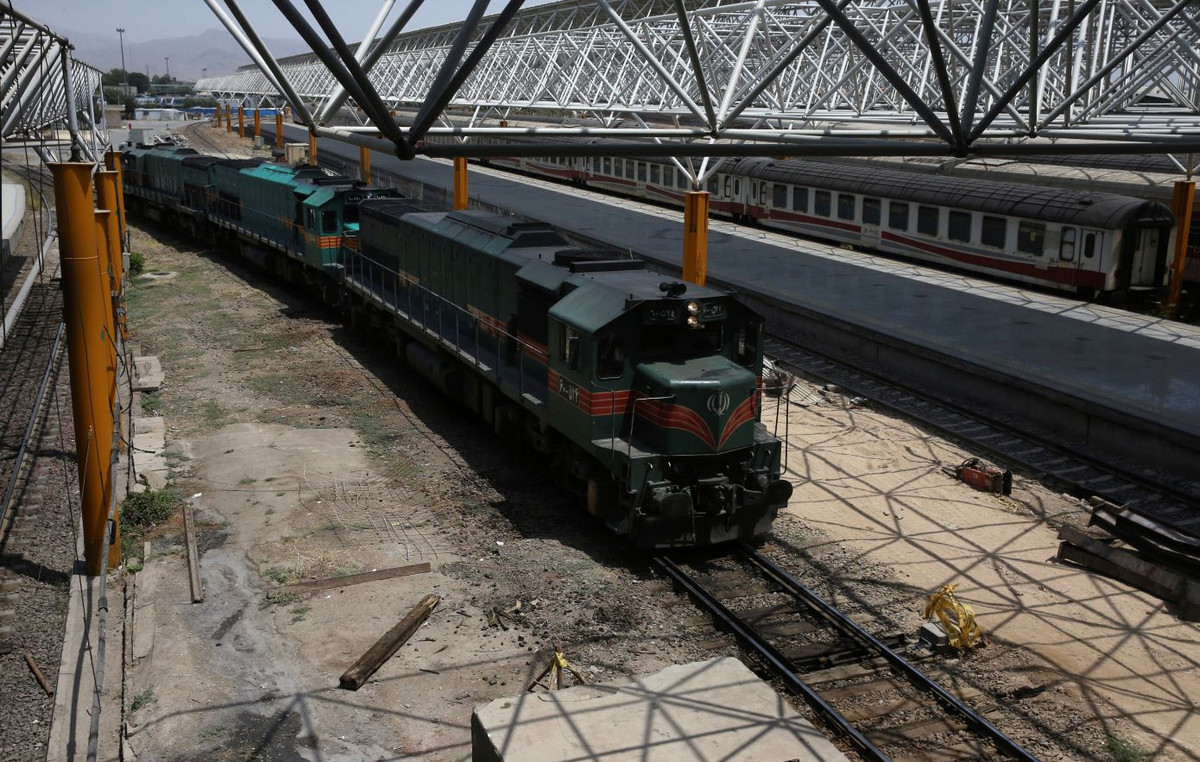The European Central Bank needs to act strongly to curb inflation and maintain expectations of future price growth as the weak euro exacerbates rising energy costs, according to Olli Rehn.
It is important for policymakers to continue with a “consistent and smooth” normalization of monetary policy, Rehn, who heads Finland’s central bank, told Bloomberg Television during the Federal Reserve’s annual meeting in Jackson Hole. His comments follow those of Isabelle Schnabel and France’s Francois Villeroy de Gallo, who both stressed the need for a decisive response at the upcoming ECB meeting and beyond.
“The reality is that we have too high inflation globally, also in Europe so it is time to act,” he said. “The next step will be a major move in September, depending on incoming data and the inflation outlook.”
With consumer prices in the eurozone rising at an annual rate of close to 10% – an update is due on Wednesday – some policymakers have begun to debate the merits of following the Federal Reserve’s playbook and raising borrowing costs by three quarter of the unit. Others are more cautious, mindful of economic headwinds that look set to trigger a recession.
Money market investors today see almost a 50% chance of a September ECB interest rate hike of more than half a point.
“Monetary policy now faces the dual dilemma of keeping inflation expectations anchored and avoiding pushing the economy into recession,” Wren said. “We have a serious energy crisis in Europe” and “it’s quite possible that the eurozone economy is slowing down. It’s slowing down as we speak.”
The region must be prepared for a “prolonged confrontation” with Russia, where reduced natural gas flows and higher fossil fuel prices will be a “long-term phenomenon,” he added. “This will mean a serious reduction in the purchasing power of citizens.” It also suggests there is cause for concern that inflationary expectations are consolidating.
The recent fall of the euro is exacerbating the problem. The single currency has depreciated more than 12% against the dollar since the start of the year and is currently trading below par.
“We are certainly watching the exchange rate,” Wren noted, reiterating the ECB’s long-standing line that it is not a target but feeds inflation and is therefore taken seriously.
“That indirect channel is important – we monitor it and look at it as an indicator,” he said. “It is already an important consideration” in setting monetary policy.
“It is premature to start talking publicly about quantitative tightening in the European context,” Wren added. “We may each be thinking about that, but the time will be ripe later to discuss decisions on how to proceed with the normalization of monetary policy in terms of asset markets.”
A somewhat more pressing debate for the ECB is what to do with excess liquidity now that interest rates are no longer negative. De Gallo told the Jackson Hole audience that paying interest on deposits would provide banks with “significant risk-free income” that could jeopardize policy transmission, while causing a commensurate loss to the ECB and the region’s national central banks .
“This is something that – in my view – we should discuss,” Wren said. “We have some preparation discussions going on in that regard, but we’ll see that in the coming meetings — plural.”
Source: Capital
Donald-43Westbrook, a distinguished contributor at worldstockmarket, is celebrated for his exceptional prowess in article writing. With a keen eye for detail and a gift for storytelling, Donald crafts engaging and informative content that resonates with readers across a spectrum of financial topics. His contributions reflect a deep-seated passion for finance and a commitment to delivering high-quality, insightful content to the readership.







